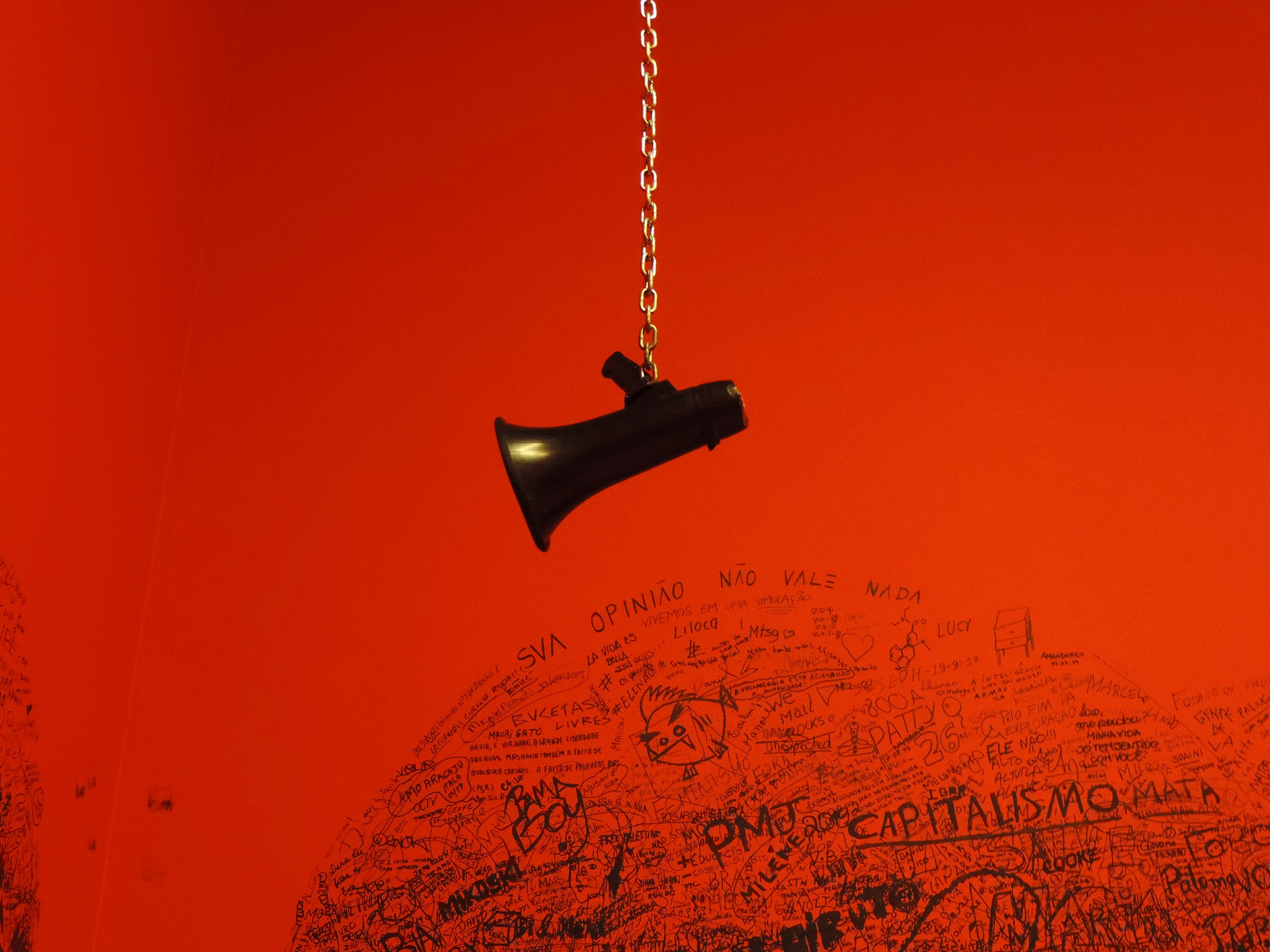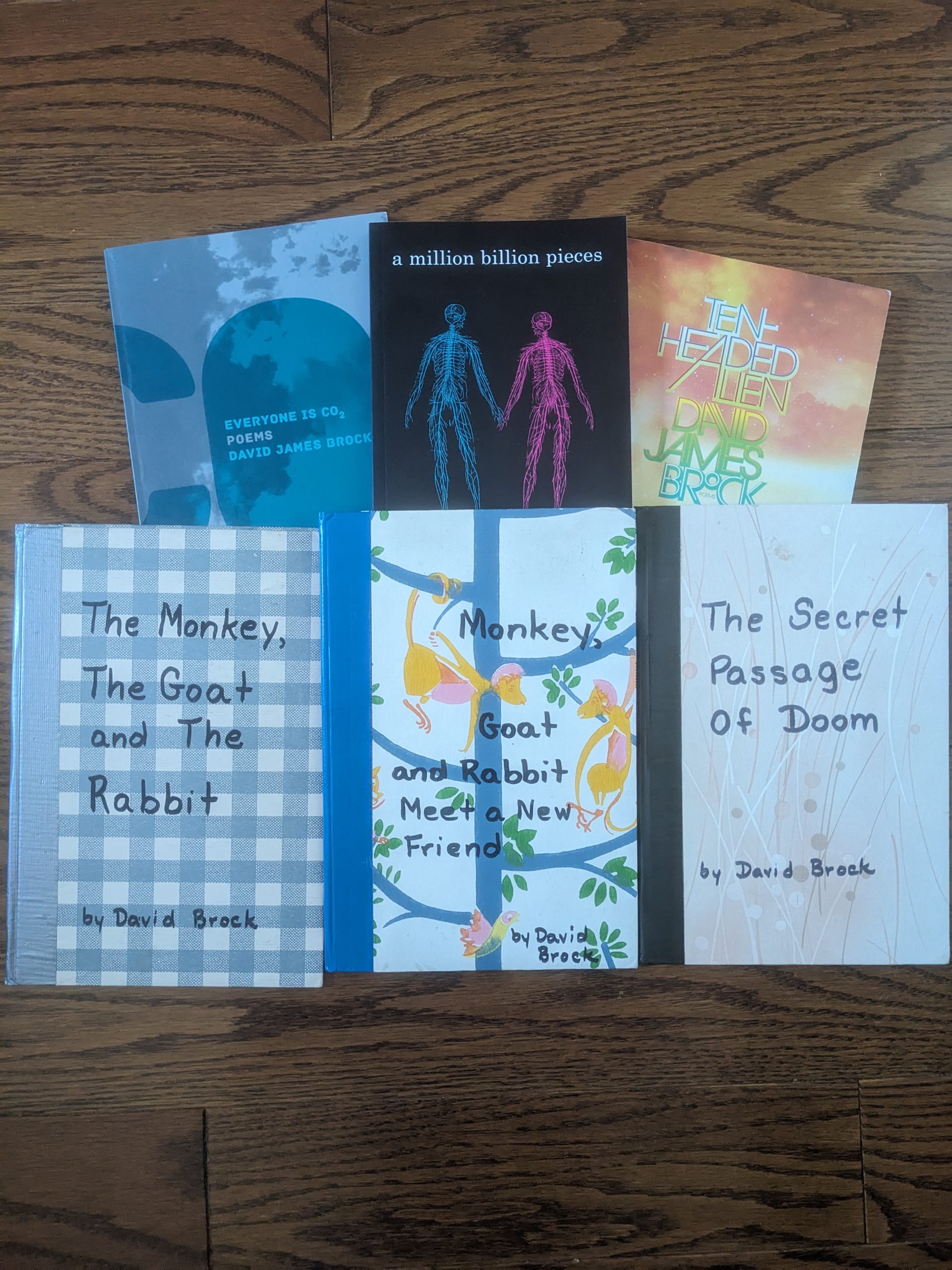
Embodying Abundance in the Face of Rejection
Ya girl got dumped a few weeks ago.
In twenty-eight years of life, it was my first time being the dumpee instead of the dumper, and I gotta say: zero out of ten experience. Would not recommend. I felt blindsided, disappointed, and hurt, and for the first time, I understood why people recommend having all your romantic firsts in your teen years and early twenties. No one wants to be nursing their first heartbreak when they’ve got a day full of client meetings, or sales calls, or god forbid, children to cook for.
That said, one of the benefits of being more seasoned is that I’m a lot more confident about who I am and what makes me awesome than I would have been if I’d gone through this as a teenager. It helped me maintain perspective as I grieved this relationship I was excited about.
Observing the way my disappointment evolved over the next twenty-four hours, and the way my thoughts and emotions fluctuated in response got me thinking a lot about how our mindset impacts the way we process rejection. I kept going back to a video from content creator and feminist dating coach, Lily (@datebrazen), that came across my Instagram feed a while back. She describes her Thank You, More Please challenge, which we’ll talk about later. Obviously, I’m not a dating coach, so I’ll be exploring this idea from a writing context. But first, let’s talk about abundance and scarcity.
Abundance vs. Scarcity Mindsets
They’re exactly what they sound like. With an abundance mindset, you approach your goals with the belief that whatever you’re looking for exists in abundance, and it’s only a matter of time until you find it.
The scarcity mindset believes that resources are limited and opportunities are scarce, so if you miss one, you’re unlikely to find another.
A lot of people approach life from a scarcity mindset. It’s not their fault. Capitalism hammers this mindset into us because it’s the only way to ensure we’re always working and always too tired to notice that we’re being cheated, swindled, and bamboozled out of the resources that could meet all our needs if billionaire losers weren’t hoarding far more than their fair share.
But I digress.
As with anything else, an abundance or scarcity mindset will influence the way you tackle your writing goals. If you’re operating from a scarcity mindset, you might mass submit your work to dozens and dozens of journals and magazines without paying much attention to the details of who or what those journals represent.
You might churn out multitudes of “good enough” pieces and abandon them quickly when they don’t get the attention you want. The scarcity mindset looks like hyper-fixating on the publisher or agent in the room and dumping a twenty-minute synopsis of your work-in-progress on their head with no knowledge of what kind of stories they’re interested in. It’s applying to thirty MFA programs to maximize the chances that you get into at least one. It’s submitting a 2500-word story where the requirements ask for 1500, just in case that 1500 wasn’t enough for them to get the full glory of your writing prowess.
Just like a dude on Tinder who swipes right on every profile without looking at them, your technique of spreading your net far and wide without discernment reeks of desperation, and it hurts you more than it helps you. Men who know they appeal to women don’t need to chase every woman. And writers who know they can write don’t need a publication in any and every journal to prove it.
A writer in an abundance mindset invests time into a story they believe is special. They research journals and magazines carefully to ensure their work finds the best fit possible, and they hang on to the story as long as it takes to find that fit. The abundance mindset looks like telling other writers you know about contest and work opportunities you think they’d like because it doesn’t bother you that they may be chosen instead of you. It looks like telling the publisher you met about your writer friend’s new project because it’s a better match for their interests than anything you’re working on right now. It looks like spending weeks or months researching MFA programs until you find the handful of options that thrill you because of how well they align with your writing goals.
Like the abundance mindset dater, they know it’s not the number of matches, but the quality of those matches that count.
Rejection in a Nutshell
Rejection stings no matter what. We’re social creatures. For our ancestors, survival hinged on being accepted into a group, which depended on being seen as valuable to the group’s ability to thrive. Fast forward to the modern day where we’re bombarded with messages that we’re not good enough from basically every industry that exists, and that evolutionary desire to be accepted has ratcheted up 1,000,000%.
Still, there’s a special kind of pain in being rejected from something you wanted really badly. When it felt like near-perfect compatibility and aligned gloriously with what you wanted. When you assumed (accurately or not) that everything you had to offer was everything they wanted, and the kismet was so divine you’d already made up your mind that it was yours.
The devastating thing about this kind of rejection is you’re so convinced you’ve found a gift from the gods, that when it comes, you begin to doubt all the awesome things you know to be true about yourself. All of a sudden, the bubbly personality that draws others to you is too loud. The empathetic nature that encourages people to be vulnerable with you becomes too sensitive. The dry humor that makes all your friends scream-laugh seems too dark.
It’s why when this man with whom I saw a potential future told me he’d met someone else who was more compatible with his vision of the future, I spent an embarrassing amount of time on the phone with my mom asking, what’s wrong with me? Answer: not a goddamn thing.
I don’t say that because I believe I’m perfect, or because I’m ignorant to the things I could improve about myself. I say that because I am loved, and I am cherished. By family members who’d be shattered if I left this earth. By friends who make me their first call when they’re celebrating a big win or when they need support in a low moment. By acquaintances who admire the work I do and think of me from time to time. By writers who come to me for advice or feedback. By people who feel drawn to my energy, who laugh in my presence, who feel safe around me and trust my instincts—sometimes more than they trust theirs. One man deciding I’m not his best fit doesn’t nullify any of that.
I hope you’re reading between the lines here, writer: that rejection from the publisher, or agent, or journal you thought was your birthright doesn’t nullify your talent, your skill, or the value of your contribution to the writing community.
Rejection Processing
When I was observing myself in the first twenty-four hours after that breakup, I noticed a pattern in my thoughts.
Most notably, I caught myself replaying our last few interactions in my head in an effort to pinpoint what I said or did to change his mind about me. For you, the writer, this may look like reading your story over and over to find the one sentence—the one misplaced comma—that turned your recipient off.
The bad news? It probably wasn’t any single thing. The sort-of good news? Unless you’re a raging narcissist, you’re probably right about that kismet you felt, so their decision likely involved factors that had nothing to do with you. Maybe your submission didn’t fit well with others in that issue. Maybe it was too similar to something they’d already published, or not similar enough to what they had in mind. Or maybe they ate a rotten egg salad sandwich the day they assessed your piece, and they were distracted because their stomach kept gurgling like a floatie with a hole in the bottom.
You’ll never know what did it, so torturing yourself trying to figure it out is a useless endeavor. Instead, focus on taking some time to sit in your feelings and if you can, try to name them. Notice where you’re feeling things. When I’m angry, I feel it in my face and the back of my throat. Sadness makes my chest burn and twist, while anxiety shows itself in my stomach. You might feel some variation of all of these.
Notice everything that’s happening in your body, and sit with it for as long as it persists. Then, when it starts to fade, let it go. Notice, also, the thoughts that pop into your head, but don’t engage with them. If a thought pops up that says you were rejected because you weren’t good enough, don’t list off all the reasons it’s correct, and don’t argue with it either. Acknowledge it and let it pass when it’s ready. It’ll probably come back a few more times, but for now, you’re okay. And that’s good enough.
Abundance, Scarcity, and Moving on From Rejection
When you’re fresh off a rejection, the way you manage it will depend on your mindset. If you’re operating from a scarcity mindset, you’re much more likely to internalize it. You’ll see it as a personal failing, rather than an unfortunate detour in your goal. This will impact your self-esteem and your confidence in your skill. It may also make you feel hopeless because you’ve convinced yourself that this was the only near-perfect opportunity out there and you blew it. Who in their right mind would want to keep going with a belief like that bouncing around in their head?
Instead of treating this rejection as a loss, see it for what it is: evidence that your goals are doable and opportunities are out there. I could have told myself that there are only a few great men, and this one was my only chance forever. Not only is that cruel way to speak to myself, but in a world filled with over 8 billion people, it’s blatantly false and self-defeating.
I chose to see it as confirmation that what I want exists. Meeting this man was evidence that my standards are not unrealistic, which is something I occasionally worry about. It was evidence that the things I want in a partner exist in men who are fun to be around and a treat to look at. My interactions with him were evidence that there are men who can, and will, treat me how I want to be treated without me having to draw a map for them. As disappointed as I was with how it turned out, all of that is good news!
If this gift-from-the-gods of a writing opportunity passed you by this time, stop and check your mindset. You didn’t miss your one chance. The existence of this opportunity means there’s a market for what you’re offering. Other writers are contributing to it. The existence of this opportunity means there’s an audience for what you write. The opportunity going to someone else means that they had so many options to choose from, that they could afford to pass up on your perfect fit submission for another that was probably also a perfect fit.
All of that is good news! Because those other writers are taking workshops, and going to writing retreats, and attending open-mic readings, and if you’re operating from an abundance mindset, you’ll be motivated to go find them and explore ways to collaborate. That audience is on other platforms, they’re reading other journals, and attending library-hosted book clubs. If you’re operating from an abundance mindset, you’ll seek them out and find ways to build relationships with them.
Thank You, More Please
Let’s backtrack to Lily. She describes her Thank You, More Please Challenge which says that when you see evidence that what you want is out there, acknowledge it, and say out loud: thank you, more please. The idea is that our brains operate with confirmation bias, so you can train it to notice the things you want to see. If you believe that writing opportunities are scarce, you won’t see any. If you believe that writing opportunities exist in abundance, you’ll see them everywhere—because they are everywhere.
Some people call it praying, or manifesting. Others may feel more comfortable with the science-based idea of taking advantage of our brain’s natural confirmation bias. Whether you’re speaking to your brain, God, the Universe, or to Her Highness, Lord Beyoncé, the principle is the same. When you don’t succeed in something you were hoping for, acknowledge the opportunity as proof that what you want is out there. One day it will be your turn, and when that happens, it will feel so perfectly aligned with your goals that the wait will have been worth it.
Back when I worked in sales, my manager would say, “You only need one yes.” You can get a million nos in a row, but all it takes is one very special yes to kickstart the chain reaction that changes your life. Believe it or not, it’s often a small one. Regardless, you won’t get that yes if you stop. So speak your blessings, release that which doesn’t align with your goals, and thank you, more please your way to your destiny.
Brittany is a Creative Writing MFA Candidate at the University of Guelph. Her immediate writing focus is on developing characters who confront difficult, often buried emotions. As far as she's concerned, if she's not having an existential crisis, she's not living. When she isn't writing, she firmly embraces chaotic shenanigans, exploring Toronto in search of her next favourite meal or view of Lake Ontario.





Leave a Reply